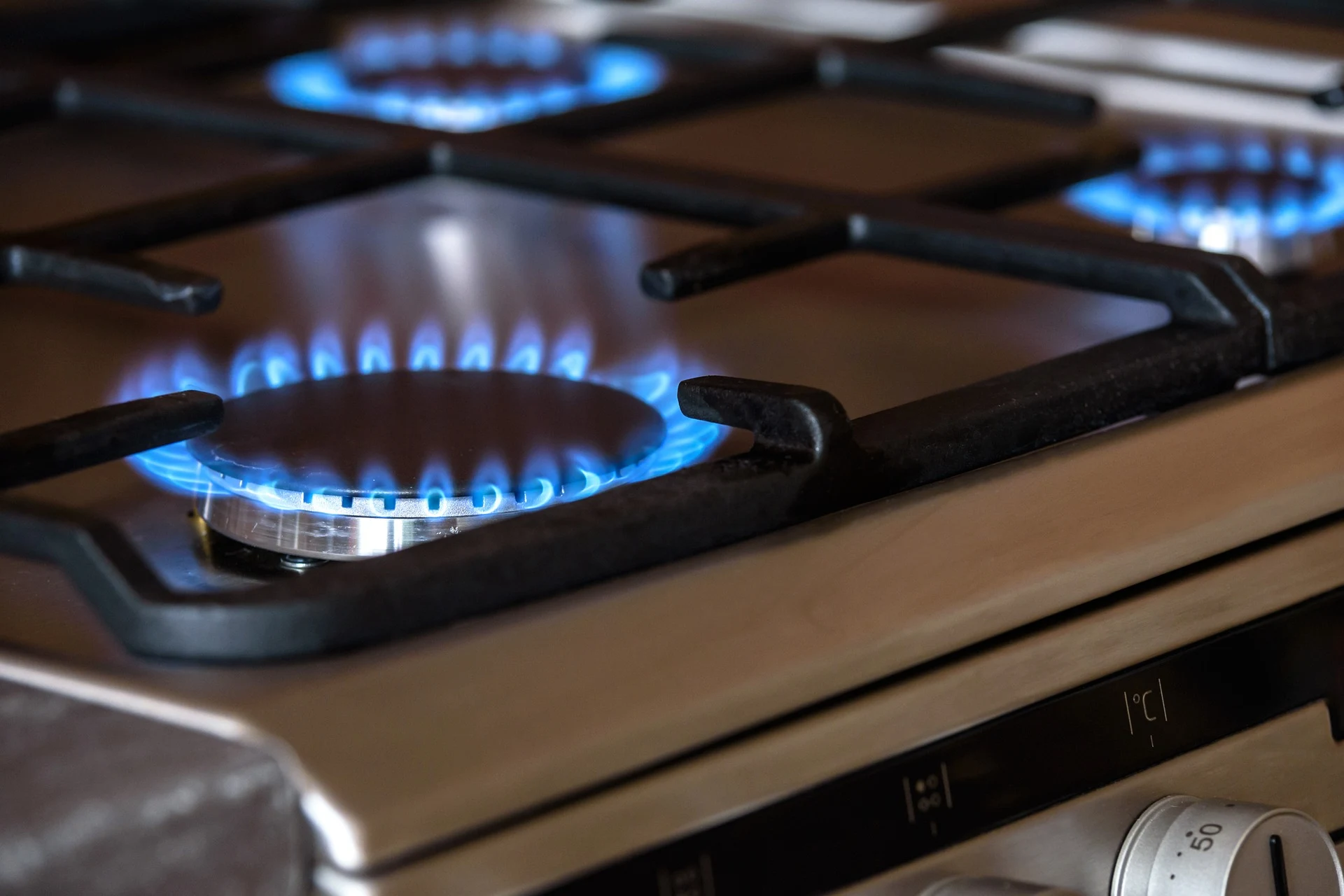
Propane is a versatile and efficient source of energy commonly used for heating, cooking, and powering various appliances. While it offers numerous benefits, it’s essential to handle propane with caution and respect its potential hazards. In this blog post, we will explore the importance of propane safety, providing you with valuable tips and guidelines to ensure secure usage at home.
Understanding Propane
What is Propane? Propane, also known as liquefied petroleum gas (LPG), is a flammable hydrocarbon gas. It is stored in liquid form under pressure and vaporizes into a clean-burning gas when released from its container.
Common Uses: Propane is used for heating homes, water heating, cooking, grilling, powering generators, and fueling vehicles. Its versatility makes it a popular choice for both residential and commercial purposes.
Propane Safety Tips
Proper Ventilation: When using propane appliances indoors, ensure proper ventilation to prevent the buildup of gas. Adequate airflow helps disperse any leaked gas, reducing the risk of ignition.
Regular Inspections: Conduct regular inspections of propane appliances, hoses, and connections. Look for signs of wear, damage, or leaks. If you notice any issues, contact a qualified technician for repairs.
Storage and Transportation: Propane cylinders should be stored upright in well-ventilated outdoor areas. When transporting propane tanks, keep them secured in an upright position, and never leave them inside a closed vehicle.
No DIY Repairs: If you suspect a propane leak or encounter a malfunctioning appliance, do not attempt to fix it yourself. Contact a certified propane technician to assess and repair the issue.
Install Gas Detectors: Consider installing propane gas detectors in your home. These devices can detect leaks and alert you before gas concentrations become dangerous.
Emergency Procedures: Educate your family members about propane safety procedures, including how to recognize the smell of propane (a strong, unpleasant odor similar to rotten eggs). If you smell gas, leave the area immediately and call your propane supplier or the fire department from a safe distance.
Propane is a valuable energy source, but safety must always be a priority. By following these guidelines and staying vigilant, you can enjoy the benefits of propane without compromising the safety of your home and loved ones. Regular maintenance, proper ventilation, and awareness of potential risks are key to ensuring that propane remains a safe and reliable choice for your energy needs. Stay safe, stay informed, and enjoy the convenience of propane responsibly.








0 comments